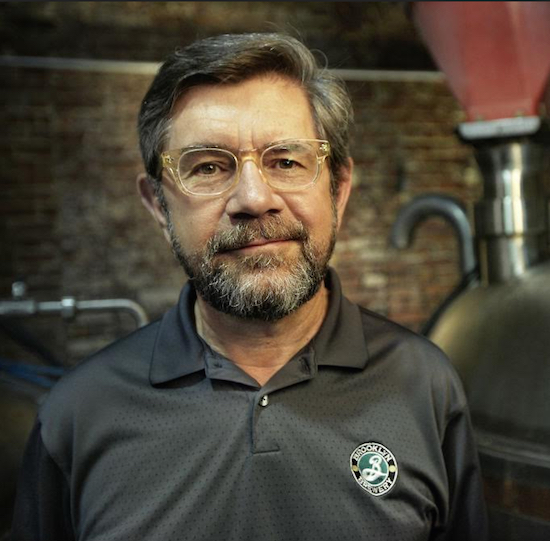Brooklyn Brewery co-founder picked up brewing in Middle East

Brooklyn Brewery co-founder Steve Hindy picked up his interest in home brewing from an unusual source: American diplomats in Saudi Arabia, where Islamic law prohibits alcoholic drinks.
“These guys all made their own beer at home, so I was fascinated by home brewing,” says Hindy, who spent time in the Middle East as a reporter during the late 1970s and early ’80s.
Once back in the U.S., Hindy started making beer at home and eventually decided Brooklyn would be an ideal place to start a microbrewery. Today, Brooklyn Brewery is one of the 10 largest craft brewers in the country and a top exporter.

Brooklyn Boro
View MoreNew York City’s most populous borough, Brooklyn, is home to nearly 2.6 million residents. If Brooklyn were an independent city it would be the fourth largest city in the United States. While Brooklyn has become the epitome of ‘cool and hip’ in recent years, for those that were born here, raised families here and improved communities over the years, Brooklyn has never been ‘uncool’.